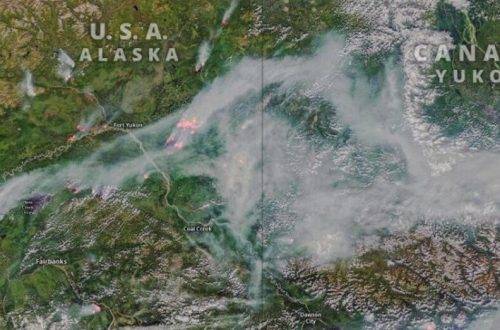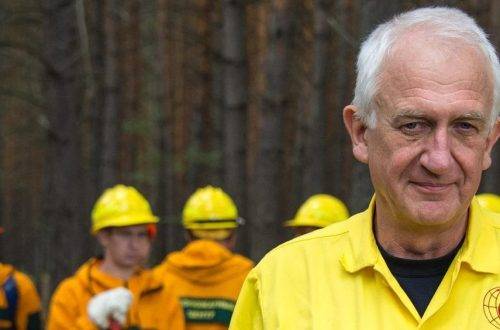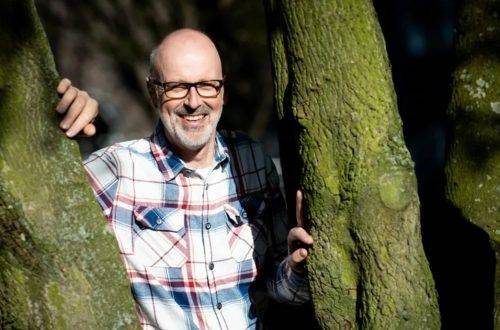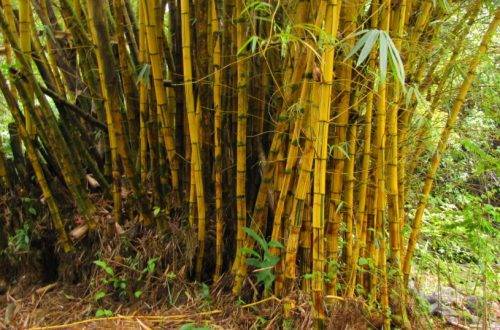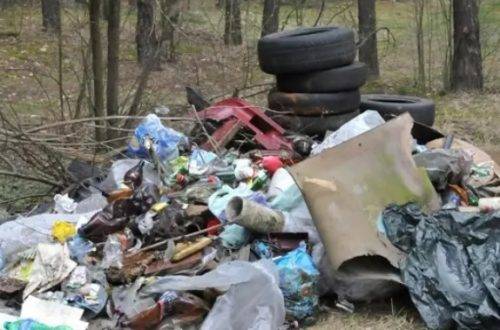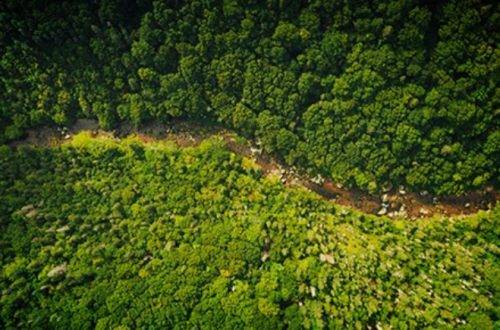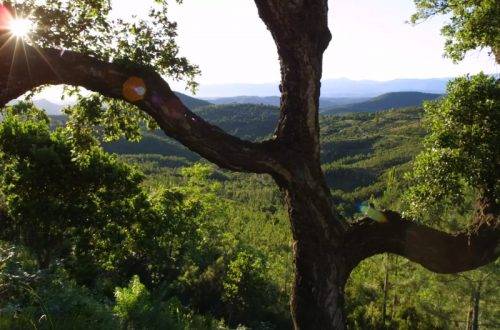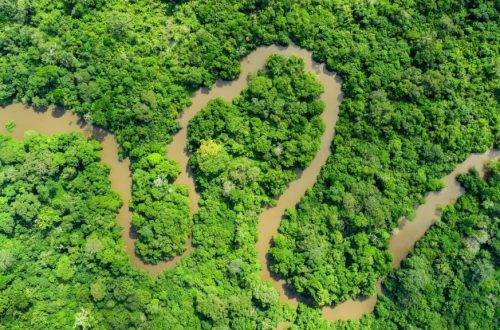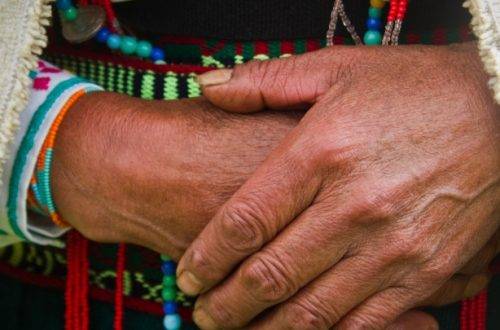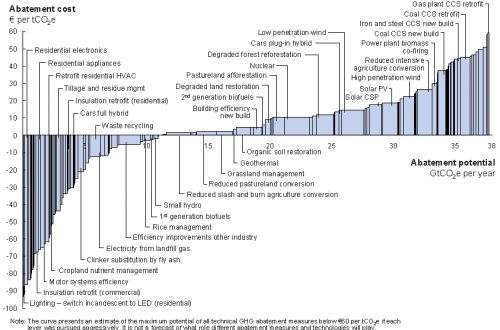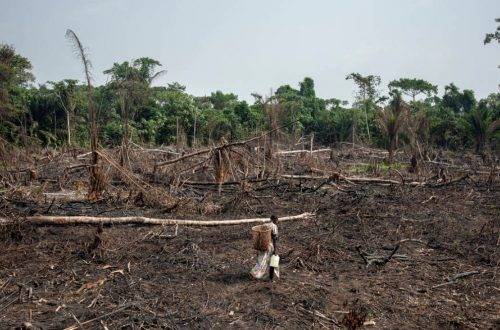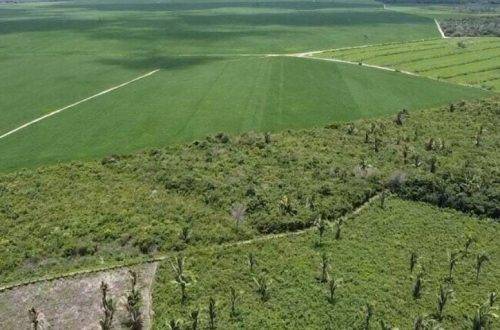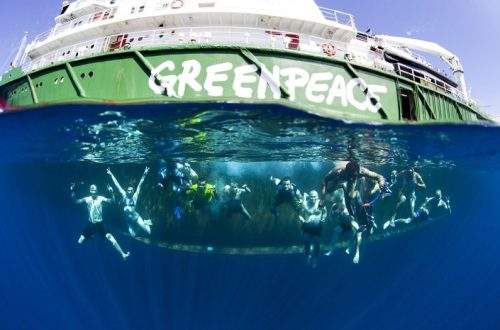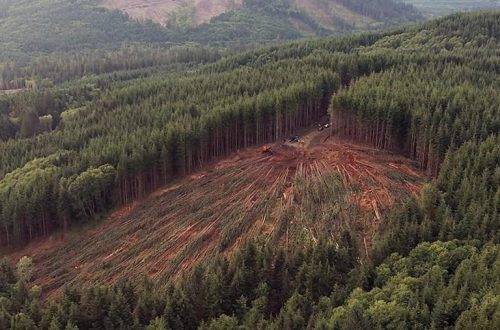News
-
Time For PNG NGO’s To Shape Up Or Ship Out
The role and behaviour of NGO’s in PNG has again come under scrutiny as relations with international investors, the National Government, landowners and local communities threaten to reach breaking point. Misrepresentation, manipulation of facts and instigation of public violence are just some of the claims that have been lodged against NGO’s operating in the country in recent weeks. With PNG on the brink of a period of sustained economic growth, it is no wonder the National Government is worried. Billions of dollars have been pouring into PNG for resource projects. Besides the AUD 16.5 billion ExxonMobil LNG project, there are promising gas finds in Western and Gulf Provinces and over…
-
CELCOR Targets PNG Anti-Poverty Projects
The World Bank has launched an investigation into its PNG Smallholder Agriculture Development Project’s (SADP) in Oro and West New Britain provinces at the request of the Center for Environmental Law and Community Rights (CELCOR), a NGO based in Port Moresby. The request for inspection relates to two projects financed by the International Development Association (IDA). The request claims that “customary land owners from Oro province and affected smallholders in one of the three project areas had suffered and believed they were likely to suffer, serious harm from the design and implementation of the project.” It appears that CELCOR is priming itself for a fight on palm oil. CELCOR…
-
Forest Carbon Takes Another Hit
A recent study has shown that rainforests store much less carbon than originally thought and that there is variability in the density of carbon stored in seemingly similar forests. The study, carried out by the US-based Carnegie Institution, WWF and the Peruvian Ministry of the Environment (MINAM), used satellite mapping, airborne-laser technology, and ground-based plot surveys of 43,000 square kilometres of Peruvian Amazon forest to create the first high-resolution maps of carbon locked up in tropical forest vegetation. The results should be hugely influential on how the current REDD plus program is developed and yet have received small mention from the WWF-influenced study group. The findings are set to influence…
-
Memo to PNG Donors: Get Implementation Right
A new report from PNG’s National Research Institute has delivered a scathing assessment of PNG’s current state of development. The report highlighted two conclusions. First, development indicators remain fragile at best. For example, the gross proportion of the school-aged population enrolled in primary school fell from 65 percent to 55 percent between 1991 and 2006 – while all other countries in the region saw increases. Adding to this, the proportion of PNG’s working-age population living on less than $US1 per day increased from 25 percent in 1996 to 40 percent in 2005. The second conclusion is that implementation of development strategies is still poor, and that the mantra of aid…
-
New World Bank Report on Agriculture Expansion
The World Bank (WB) this month released its long-awaited report on the global ‘land-grab’ issue that has been popularised recently by environmental NGO’s accusing the developed world of ‘neo-colonialism.’ The issue centres on the purchasing of large tracts of farmland throughout developing regions of the world, a practice the new report states has increased ten-fold in the last decade. Released just weeks after a NGO report claimed that European companies were ‘grabbing’ land for biofuel crops at the expense of local communities throughout Africa, the WB publication focuses more on development and less on hysterics. In principle, the report supports the notion of large scale agricultural investment in developing nations,…
-
Memo to PNG Donors: Get Implementation Right
A new report from PNG’s National Research Institute has delivered a scathing assessment of PNG’s current state of development. The report highlighted two conclusions. First, development indicators remain fragile at best. For example, the gross proportion of the school-aged population enrolled in primary school fell from 65 percent to 55 percent between 1991 and 2006 – while all other countries in the region saw increases. Adding to this, the proportion of PNG’s working-age population living on less than $US1 per day increased from 25 percent in 1996 to 40 percent in 2005. The second conclusion is that implementation of development strategies is still poor, and that the mantra of aid…
-
New World Bank Report on Agriculture Expansion
The World Bank (WB) this month released its long-awaited report on the global ‘land-grab’ issue that has been popularised recently by environmental NGO’s accusing the developed world of ‘neo-colonialism.’ The issue centres on the purchasing of large tracts of farmland throughout developing regions of the world, a practice the new report states has increased ten-fold in the last decade. Released just weeks after a NGO report claimed that European companies were ‘grabbing’ land for biofuel crops at the expense of local communities throughout Africa, the WB publication focuses more on development and less on hysterics. In principle, the report supports the notion of large scale agricultural investment in developing nations,…
-
Greenpeace Aligns With ALP On Illegal Logging
As the political game-play of the Australian Federal Election goes on, environmental policy issues, such as illegal logging, will no doubt be caught up in the process. Earlier this month, in a pre-election promise, Australian Forests Minister Tony Burke announced that Australia’s reinstalled Labor Government will press ahead with a policy on illegal logging that will potentially have a negative impact on its immediate neighbours. Sitting next to him during the announcement was Greenpeace Australia CEO, Linda Selvey. According to the ALP’s policy, the new Gillard government will “introduce tough new legislation making it an offence to import any timber products into Australia that have not been legally harvested.” Reports…
-
Donor Driven REDD – Trouble Brewing
Despite a lack of agreement in UNFCCC negotiations on the role of deforestation in any new climate change accord or on any system of global trading of carbon credits or to endorse the concept of REDD (and with negotiators predicting no change in the negotiating deadlock at the Cancun UNFCCC meeting in Mexico in December), developed country donors nevertheless are encouraging a number of developing countries to adopt strategies that would see them rewarded for halting deforestation. Twenty-seven developed and developing nations (mostly members of the Rainforest Nations Alliance chaired by PNG) are working on a “REDD+ Partnership” for this purpose. The jewel in the crown for the Partnership is…
-
Challenge To Amendments To PNG’s Environment Act Threatens PNG’s Sovereign Risk Rating
In May, PNG’s parliament pushed through a series of amendments to the Environment Act. The amendments were made in response to a Court decision that possibly renders environmental permits for resource projects – such as mining or forestry projects – invalid and unenforceable. This is part of a continuing campaign by NGOs opposed to forestry and mining projects to use loopholes in PNG laws to obstruct projects. Current targets are forestry and mining projects in PNG. The amendments to the Environment Act attempt to sidestep this possibility by giving new discretionary powers to the Secretary of the Department of Conservation to rule on compliance with the PNG law of environmental…

